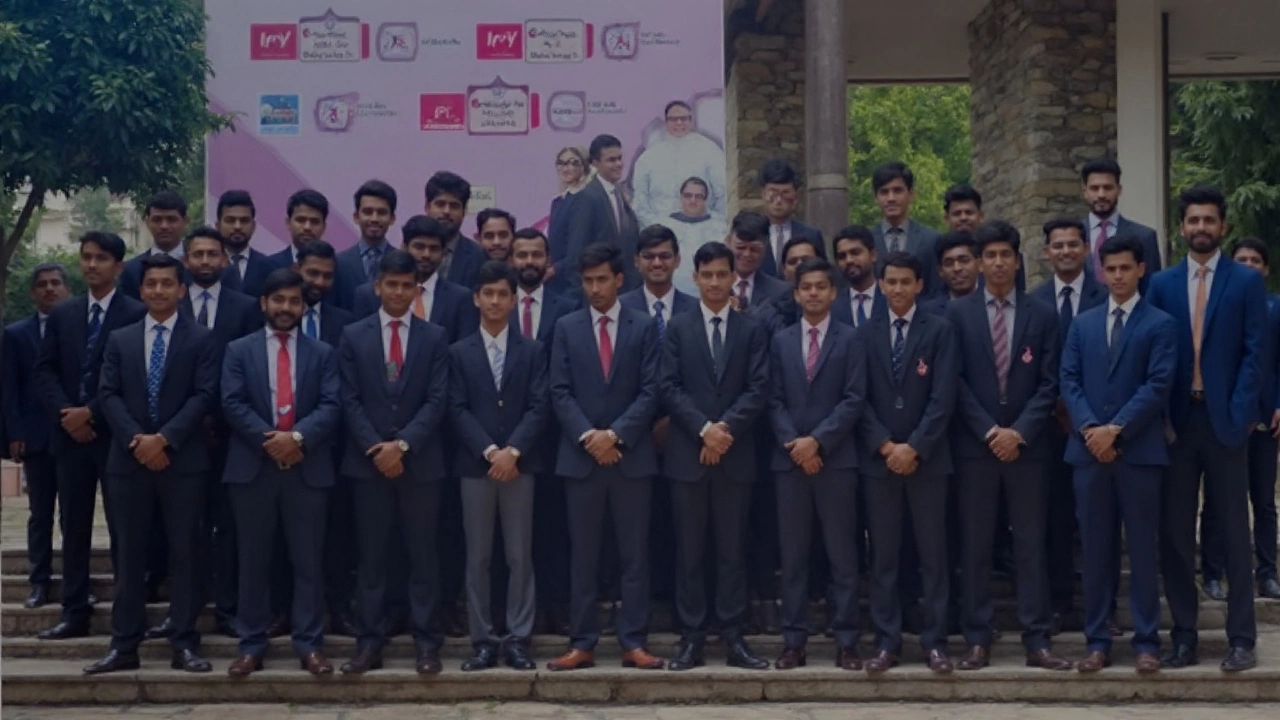Eligibility Criteria: Simple Guide to Understanding Requirements
Ever wonder why some offers seem out of reach? The reason is usually an eligibility criteria list. It’s a set of rules that decide who can apply for a job, a scholarship, a visa, a loan, or a government program. Knowing these rules saves you from wasted effort and helps you focus on the right opportunities.
Think of it like a checklist before you start a game. If you don’t meet the level requirement, you can’t play. The same idea works for most real‑world offers. Each organization writes down the minimum age, education, income, or residency they need. Once you match those items, you’re good to go.
Common Types of Eligibility Criteria
Different areas use different checklists. Here are a few you’ll see a lot:
- Age limits – Some scholarships only accept students under 25, while senior citizen benefits start at 60.
- Education background – A tech job may require a bachelor's in engineering or a related field.
- Income brackets – Government subsidies often target families earning below a certain amount.
- Citizenship or residency – Visa applications ask if you hold a passport from a specific country.
- Experience – Many internships need you to have completed at least one year of study.
Most ads will list these points right at the top. If you skim and see a rule you don’t meet, it’s best to move on. Otherwise, keep reading for details.
Tips to Quickly Verify Your Eligibility
When you spot an opportunity, grab a pen or open a notes app. Write down each requirement and tick it off as you check your own details. This simple habit catches any hidden conditions, like a minimum GPA or a specific work permit.
Next, use official sources. For example, if a scholarship mentions a “resident of Karnataka,” visit the state’s education portal to confirm what qualifies as a resident. That avoids guesswork and prevents a rejected application later.
Don’t forget to double‑check dates. Some programs enroll once a year, while others have rolling admissions. Mark the deadline on your calendar so you don’t miss it.
If you’re unsure about a point, reach out to the contact listed in the posting. A quick email asking, “Do I need a PAN card for this scheme?” can save hours of paperwork.
Finally, keep a master list of your own qualifications. Having your birth date, degree certificates, and income proof organized in one folder speeds up the verification process for any new opportunity.
Eligibility criteria might feel like a hurdle, but they’re just a way to match the right people with the right offers. By treating them as a checklist and confirming each item early, you turn a confusing list into a clear path forward.
So next time you see an ad, instead of scrolling past, take a minute to match your details against the criteria. You’ll know instantly if it’s worth your time, and you’ll avoid the frustration of a rejected application.
IIT Bombay MBA opens to three-year degree holders as SJMSOM drops engineering requirement
IIT Bombay has opened its MBA at SJMSOM to three-year bachelor’s degree holders from any discipline, moving beyond its engineering-heavy intake. Applicants need 60% marks or a 6.5 CPI (55% or 6.0 for SC/ST/PwD) and a valid CAT score. Final-year students can apply. The change aims to boost discipline and gender diversity and aligns IIT Bombay with IIMs and other IITs.
